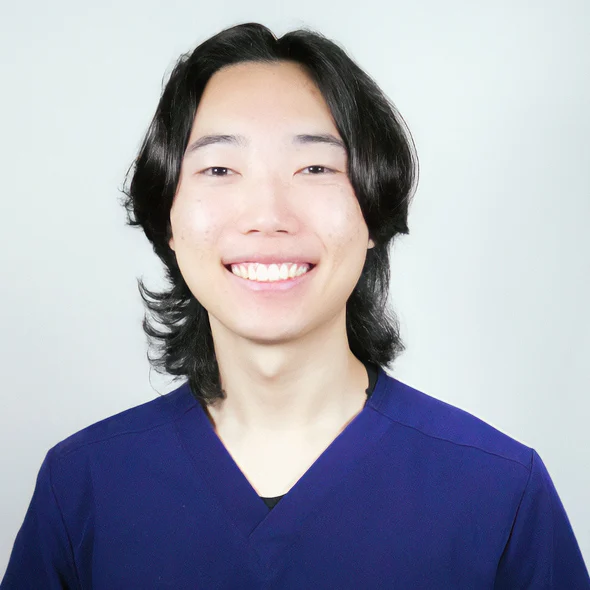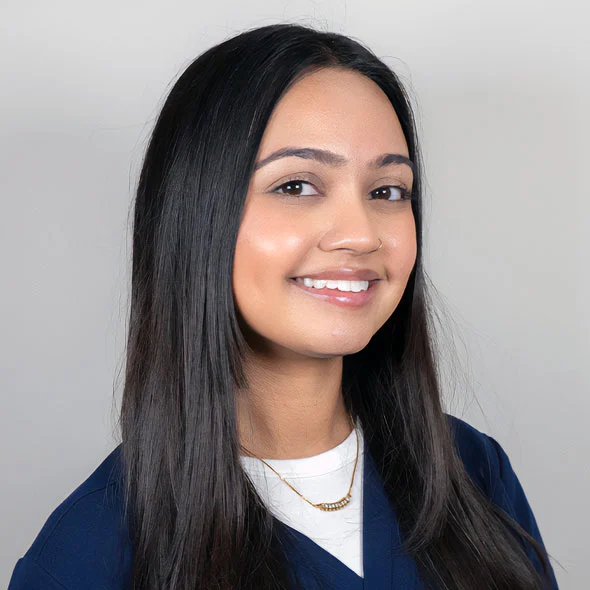Imagine a world where the elegance of a Bach cello suite intertwines with the intricate, underground growth of fungi, all mirroring the complex design of Tokyo’s bustling subway system. While this may sound like a whimsical metaphor, nature’s hidden intelligence reveals powerful lessons for brain health, neurorehabilitation, and functional recovery.
The Slime Mold’s Subway Symphony
In a groundbreaking experiment, Japanese researchers used the slime mold Physarum polycephalum to mimic Tokyo’s subway system by placing oat flakes in a map of urban centers around Tokyo. The slime mold, driven only by its innate intelligence, grew highly efficient, self-organizing networks, connecting each oat flake with minimal waste and maximum efficiency, echoing the precision and interconnectedness of classical music.
What’s remarkable is that without a central nervous system, slime mold adapts, prunes, and refines its pathways, revealing principles of biomimicry we can apply in urban planning and in brain health.
How This Relates to Your Brain Health
Like the slime mold and Tokyo’s subway, your brain relies on networks that adapt, prune, and rewire pathways to optimize efficiency. This process, called neuroplasticity, is how the brain recovers after concussion, TBI, or vestibular disorders.
At Norcal Brain Center, our neurorehabilitation and neurorestoration programs leverage these principles to help patients struggling with:
- Memory loss, forgetfulness, and brain fog
- Dizziness, vertigo, and vestibular syndromes
- Light and sound sensitivity
- Insomnia and difficulty falling asleep
- Chronic fatigue and exhaustion
- Headaches and post-concussion symptoms
Like the slime mold, your brain can learn to reroute, heal, and create more efficient connections, but it needs the right structured challenges, targeted therapies, and skilled guidance.
The Harmony of Fungi, Classical Music, and Neurorehab
Fungi, through vast mycelial networks, facilitate nutrient exchange and communication across entire ecosystems, much like musical instruments creating a symphony. In the brain, neurons communicate across synapses, adjusting and pruning pathways to improve efficiency, especially after injury.
Studies show that targeted neurorehabilitation programs can reduce post-concussion symptoms, improve memory, decrease dizziness and headaches, and enhance sleep quality (Gordon et al., 2016). Structured therapy creates an environment for your brain’s “symphony” to find harmony, reconnect pathways, and restore function.
Why Specialized Neurorehabilitation Matters
The growing demand for concussion treatment, memory loss support, and vestibular rehabilitation is apparent as more people struggle with:
- Brain fog after concussion or COVID
- Light sensitivity and headaches
- Balance issues and dizziness
- Difficulty sleeping or staying asleep
- Emotional challenges like irritability and anxiety
Generic approaches often fail to address these complex, interconnected challenges. At Norcal Brain Center, we tailor your care to leverage your brain’s innate ability to reorganize and heal—like slime mold, but smarter.
Tips to Boost Cognitive Skills Using Nature’s Principles
- Challenge Your Brain with New Paths: Try puzzles, brain teasers, or learning a new skill to encourage your brain to form new pathways.
- Prioritize Quality Sleep: Adequate rest is essential for synaptic pruning and memory consolidation, which is key to recovering memory loss and brain fog.
- Practice Mindfulness: Like the balance in classical music, mindfulness can help regulate your nervous system, reducing vestibular syndrome symptoms and insomnia.
- Seek Targeted Neurorehabilitation: If you’re experiencing dizziness, chronic fatigue, or post-concussion symptoms, structured neurorehab can help you build your brain’s efficient pathways.
Why Wait? Your Brain Can Heal.
If you’re struggling with headaches, memory lapses, nausea, dizziness, insomnia, or post-concussion challenges, your brain’s hidden intelligence can guide your healing journey, but it needs support.
At Norcal Brain Center, our Neurorestoration Program uses cutting-edge functional neurology and personalized therapies to help you:
- Improve memory and cognitive clarity
- Reduce dizziness and vertigo
- Improve sleep and reduce fatigue
- Decrease headaches and light sensitivity
Call us at (408) 585-5275 or book your free consult
Let’s help your brain find harmony again, one connection at a time.







